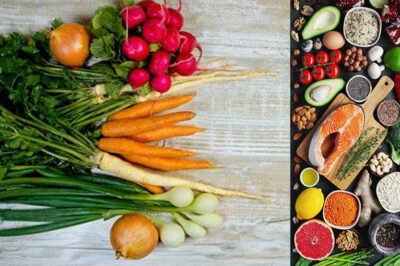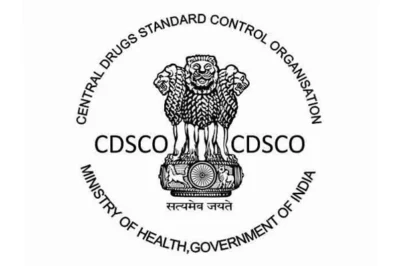In recent years, organic food has moved from niche markets into mainstream grocery aisles, driven by consumers’ growing concerns about health, the environment, and ethical consumption. Advocates for organic produce argue that it offers multiple health benefits, reduces exposure to pesticides, and is generally more environmentally friendly than conventionally grown food. However, as the demand for organic products increases, it’s worth exploring the depth and reality of these benefits. Are the advantages of organic food significant enough to justify its often higher cost, or are they just part of a wellness trend?
Understanding the Benefits of Organic Food:
- Healthier Ingredients: Organic foods are often cited as healthier alternatives because they contain fewer pesticides and chemicals. This reduction in chemical exposure is particularly beneficial for developing children and adults with health conditions that make them more susceptible to chemical exposures.
- Nutritional Benefits: Some studies suggest that organic foods may have higher nutritional value compared to their non-organic counterparts. For example, organic produce is often claimed to have higher levels of certain antioxidants and nutrients due to the soil-conserving practices used in organic farming.
- Environmental Sustainability: Organic farming emphasizes the use of renewable resources and the conservation of soil and water to enhance environmental quality. This approach helps maintain biodiversity, reduces pollution from nitrogen runoff, and minimizes energy consumption on a per-product basis.
- Ethical Animal Treatment: Organic standards promote more natural living conditions for livestock, which are thought to lead to higher animal welfare levels compared to conventional farming methods.
- Taste and Quality: Many people claim that organic food simply tastes better. This could be due to the selective process of choosing varieties that thrive under organic management and the sustainable techniques that might contribute to better flavor profiles.
Challenges and Considerations:
While the benefits are clear, the organic industry faces challenges such as higher prices and limited availability that can hinder widespread adoption. Additionally, the organic label does not guarantee that a product is completely free of pesticides or other contaminants, which can vary based on factors such as the proximity to non-organic farms and the specific regulations of an organic certification.
Conclusion:
The decision to choose organic food involves weighing potential health benefits, environmental impacts, and economic considerations. With increasing consumer interest and more studies affirming the benefits of organic agriculture, it could well represent the future of farming. However, individual choices will likely depend on personal priorities, such as dietary health, environmental concerns, or budget constraints. What drives your choice towards organic food, and how do you evaluate its benefits against its cost?




































































Leave a Reply